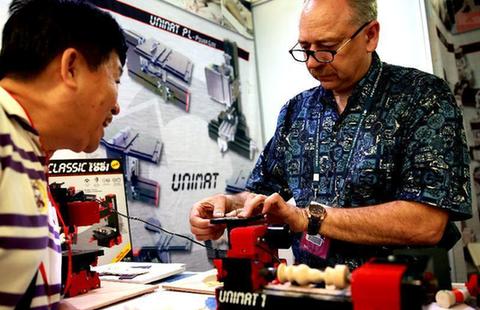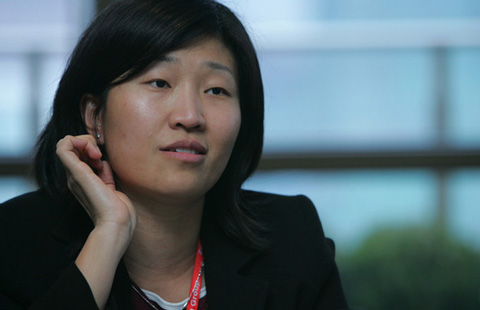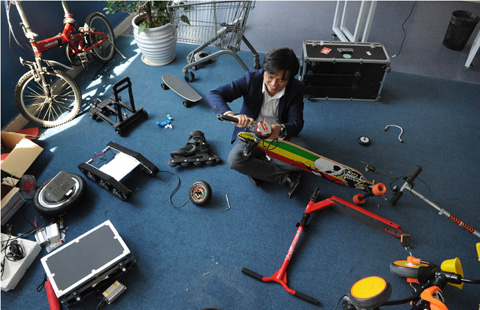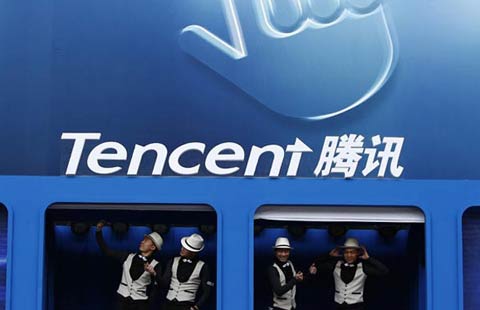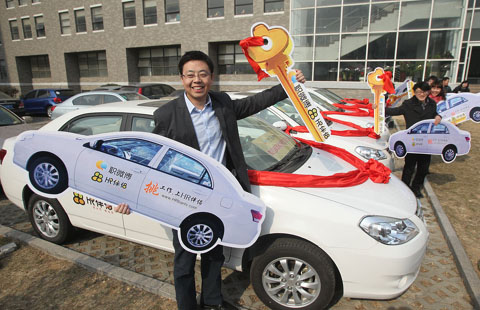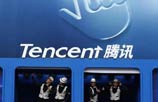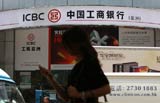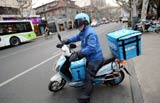ThyssenKrupp plans further growth in China
By DU JUAN (China Daily) Updated: 2015-05-14 09:24Global steel giant ThyssenKrupp Group has chalked out an ambitious expansion plan in China with an eye on the nation's fast-growing automobile market.
The Germany-based company already has a presence in China with TKAS Auto Steel Co or Tagal, a joint venture with Chinese steel producer Angang Steel. ThyssenKrupp said its European unit will acquire a stake in an Angang group company, which is building a hot-dip coating facility in the southwestern city of Chongqing.
Under the deal, ThyssenKrupp Steel Europe will own 12.5 percent of the company directly and 37.5 percent indirectly through Tagal, established in 2002 in the northeastern city of Dalian.
The company said the necessary contracts have been signed, and the deal is expected to be completed soon. "We believe the strong demand from the Chinese automobile sector for hot-dip coated steel sheets and the growth prospects in the segment offer clear opportunities and we therefore want to strengthen Tagal's position in this market," said Heribert Fischer, responsible for sales and innovation on the Executive Board of ThyssenKrupp Steel Europe.
Although the German company has an optimistic vision about sustained demand for automobile-use steel sheets, industry sources aver that the domestic capacity is rapidly increasing and could result in a product glut.
Wei Zengmin, an analyst with mysteel.com, a steel industry consultancy firm in Shanghai, said a large number of State-owned steel companies have been building auto-use steel production lines in recent years, especially due to the excess crude steel capacities and as options to boost profit.
"The auto-use steel sheets prices have been falling and so also the profit margins on such products," Wei said. "There are also no indications that there will be a sustained demand for the steel sheets from the auto sector."
ThyssenKrupp said it plans to further strengthen its position as an important supplier to the fast-growing Chinese auto industry, in particular in the premium segment-dominated by foreign auto brands that have production lines in China.
The company also has business units including slewing bearings for wind turbines, elevators and escalators for buildings and infrastructure in the China market. The group has averaged annual growth of around 9 percent in China and increased its sales to 2.5 billion euros ($2.83 billion) in fiscal 2013-14, said the company.
Mi Pengqi, a senior analyst with JYD Online Corp, a Beijing-based bulk commodity consultancy, said that the deal is a result of the weak steel market. "The deal price might be low. Most domestic steel firms are suffering from huge losses for the first quarter," he said. "It could be a way to improve financial performance through cooperating with foreign partners."
The China Iron and Steel Association said that large and medium-scale steel firms had a total deficit of 987 million yuan ($159.6 million) for the first quarter.
- Mills' managers fall in anti-corruption drive
- 18th China Beijing Int'l High-Tech Expo opens
- Urbanization to boost spending
- Your chance to break free of the chains of clutter
- National energy assets set to be sold
- Top 10 venture investors in the world
- E-commerce, logistics firms to tread rural path
- CNNP share offer approved by CSRC
